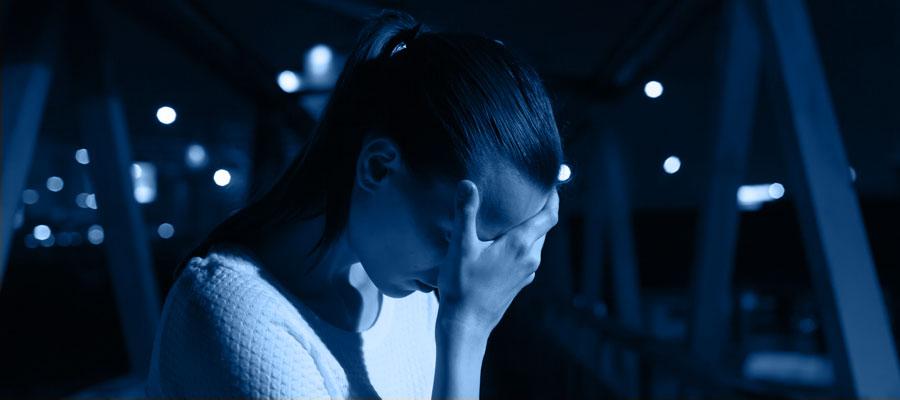AHA Stat Blog: Three questions with an ED physician on using new ICD-10 codes to help stop human trafficking

Editor’s note: Starting Oct. 1 health care providers can use any of 29 ICD-10 diagnostic codes to identify and document victims of human trafficking. The AHA’s Hospitals Against Violence initiative, in partnership with Catholic Health Initiatives and Massachusetts General Hospital’s Human Trafficking Initiative and Freedom Clinic, secured the codes from the National Center for Health Statistics, which will allow hospitals and health systems to better track victim needs and identify solutions to improve the health of their communities.
In this article, Wendy Macias-Konstantopoulos, M.D., director of Massachusetts General Hospital’s Human Trafficking Initiative, shares how clinicians are key to stopping the cycle of human trafficking, and how the new ICD-10 codes that went into effect Oct. 1 can help.
Why is human trafficking relevant for physicians and other clinicians?
Human trafficking is another type of abuse suffered by everyday people. Although a less recognized form of abuse, human trafficking involves the exploitation of a person’s manual or sexual labor for profit (i.e., commercial exploitation). Often referred to as a form of modern-day slavery, human trafficking falls into the same continuum of interpersonal violence as child abuse, elder abuse and intimate partner violence. Health professionals can play a critical role in breaking the cycle of abuse. Studies show that persons suffering this type of abuse come into contact with health professionals when circumstances call for medical care. Health professionals who learn about this type of abuse and maintain a high index of suspicion when evaluating their patients have a better chance of identifying and assisting trafficked persons.
Why are new ICD-10 codes specific to human trafficking needed?
Since the trafficking of another person is for commercial gain and accomplished by force, fraud, coercion, deceit, psychological manipulation or another more subtle form of induction, the extant abuse codes in the ICD-10 classification system failed to capture the concept of exploitation. New diagnosis codes were needed to begin accurately tracking this type of abuse and tracking the needs of victims and survivors. Additionally, understanding the extent to which human trafficking intersects with the health care system, the risk factors related to trafficking, and the physical, reproductive and mental health outcomes of trafficked persons is absolutely critical to ensuring that health systems have the information needed to develop an infrastructure of services and resources that is appropriate in scope, evidence-based, and effective in its response to the needs of victims and survivors.
How can physicians ensure the new codes are applied when relevant?
By learning about human trafficking and how to make the diagnosis, clinicians can properly evaluate their patients and document in the medical record when this type of abuse is reported or identified. Proper documentation is particularly important in cases where the report of abuse is mandated under their respective state statutes (e.g., child sex trafficking, abuse of disabled persons, etc.). Working with their coding colleagues, clinicians can ensure that the new codes are applied appropriately and in compliance with regulation.

